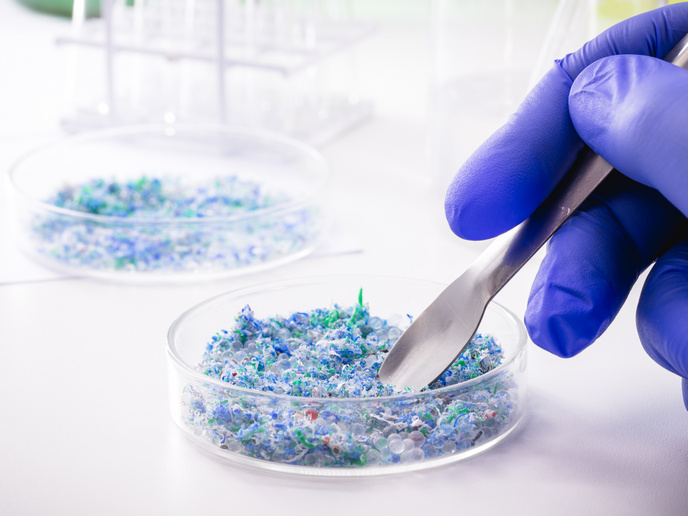Upgrading Balkan research and technological capacity
The 'Centre of excellence for optical spectroscopy applications in physics, material science and environmental protection' (OPSA) project set out to enhance the level of scientific and technological research at the Centre for Solid State Physics and New Materials of the Institute of Physics at the University of Belgrade in Serbia. The goal was for this to become a centre of excellence for optical spectroscopy applications (OPSAs) in physics, material science and environmental protection. Along with promoting long-term and cooperative research, developing human potential constituted a major project objective. This involved expanding the front of excellence to other Balkan countries, keeping experts in the region, and offering employment opportunities in high-level education, research and employment. The Centre's Raman and Fourier Transform Infrared (FTIR) spectroscopy systems were upgraded with new instalments and relative components, placing the equipment on a par with that of European research outfits. The OPSA project team underwent training in specific spectroscopy and magnetic measurement methods at relevant major EU university departments and research institutes. Training courses in other techniques were also held on-site at the Institute of Physics. Project results were publicised at seminars, in hard copy publications and on the OPSA website. The initiative's networking objective was realised by bringing together researchers and research projects at relevant research institutions and universities. The institute also participated in two EU scientific projects under the Sixth and Seventh Framework Programmes (FP6 and FP7 respectively).







